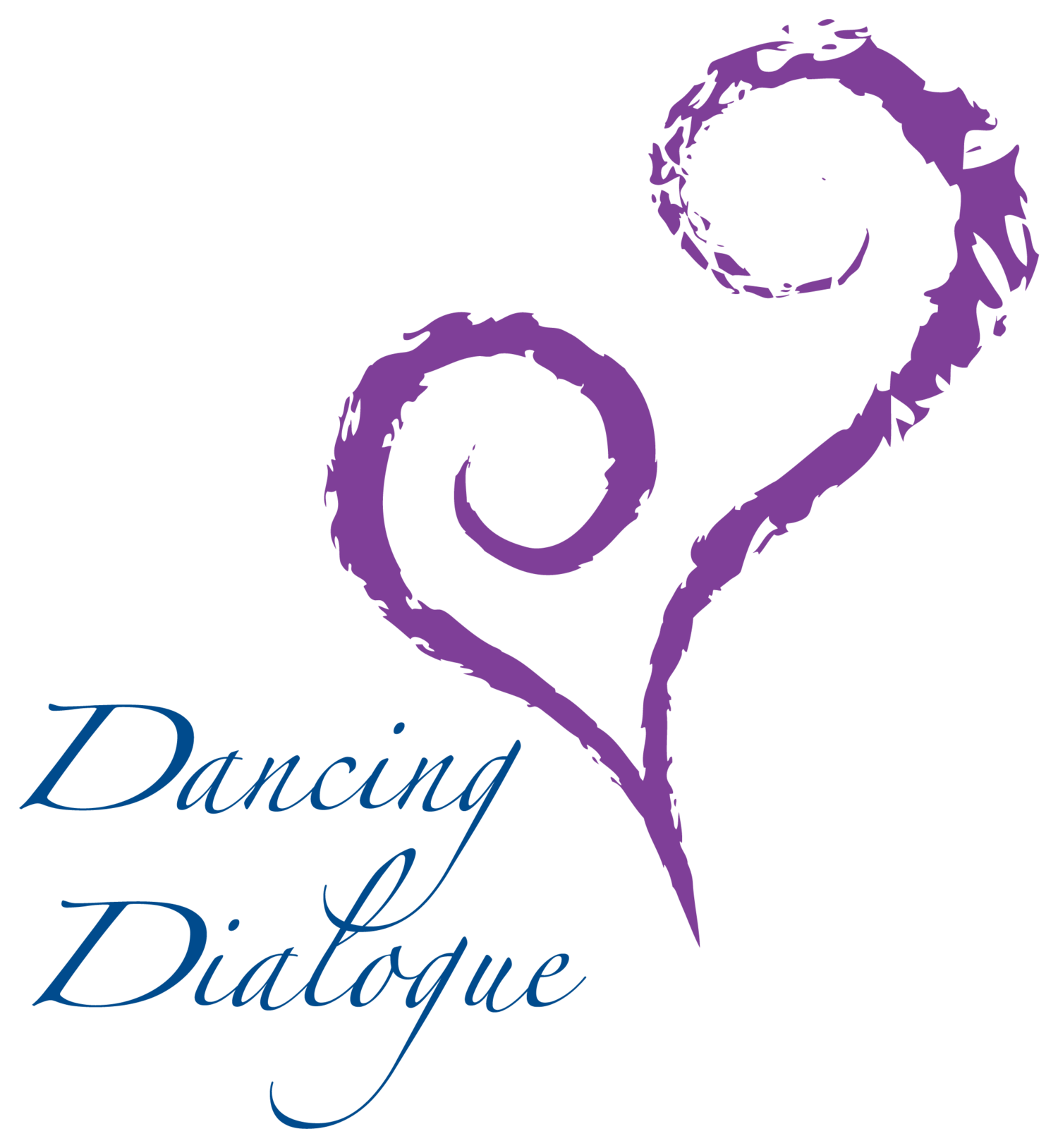World Association for Infant Mental Health (WAIMH) Congress
August 4–5, 2008
Yokohama, Japan
Suzi Tortora (United States)
Two Sessions: Workshop Training and Poster Session
Lecture:
Autism Unfolded:
Following a Young Child's Journey from Object to Relationship
Through longitudinal videotape case study the emergence of relatedness, self-expression, language, and psychosocial development in a young child with autism will be demonstrated, using a nonverbal dance/movement psychotherapeutic treatment program called Ways of Seeing. By entering this toddler's world of music and idiosyncratic dance-play, these elements were used to create a nonverbal relationship; as a foundation and precursor for the development of language, abstract symbolic play and psychodynamic expression. This case study spanning a period of seven years beginning in toddlerhood, will address the complex relationship between early body and movement based experiences and psychological functioning. It will introduce the concept that each individual enters into the world with an experiential sense of the body that influences how that person gains information about his or her surroundings, processes this information, and then responds. It will demonstrate how body awareness, touch, relaxation, play, and dance/movement exploration activities were used therapeutically to improve motor planning and coordination, as well as physical and emotional regulation. How the treatment focus has expanded from intra- and inter-personal regulation and connection, to include psychodynamic themes of aggression, frustration, rescue, resolution, and empathy will be discussed, opening up the possibility for the development of intersubjectivity. The workshop will conclude with a lively open dialogue about the experience of intersubjectivity in autism. Through lecture, nonverbal analysis worksheets, and experiential demonstrations, participants will learn about the use of nonverbal experience as the primary form of communication and intervention, and as a significant tool to address social/emotional issues – transforming difficult behaviors into communicative links.
Poster session:
Beyond Crying: Pain, Trauma, and Stress in Early Childhood
The role of nonverbal implicit knowing
This workshop will focus on how infants and young children experience and express pain, trauma and stress; introducing a psychotherapeutic intervention program that uses a multisensory approach involving movement, music, creative expression, and nonverbal analysis to facilitate healing and change. Going beyond the known associations with crying and pain, participants will learn what nonverbal signs to look for to help decipher how a young preverbal or newly verbal child is experiencing pain or stress; medical/physiological indicators of pain and stress; when and how difficult experiences can lead to a traumatic reaction; and the developmental effects of such events on the young child's overall growth. The process and role of somatic and experientially based preverbal memory in young infants will be highlighted, enabling participants to recognize how traumatic events are represented and reenacted through nonverbal expression and play. The psychodynamic role of significant family members will also be addressed. Emphasis will be placed on how to support both the individual needs of the dyadic and triadic members as well as ways to create healing partnerships within these relationships. The key elements of this program will be presented through lecture, experiential demonstrations, discussion, analysis of videotape data, and research examining an infant pain management protocol developed through this program. Pre and post clinical case studies of two young children, one baby suffering the impact of serious medical illness; and an infant affected by environmentally induced trauma within the whole family system that impacted the infant's psycho-developmental growth, will clearly illustrate
this method.
